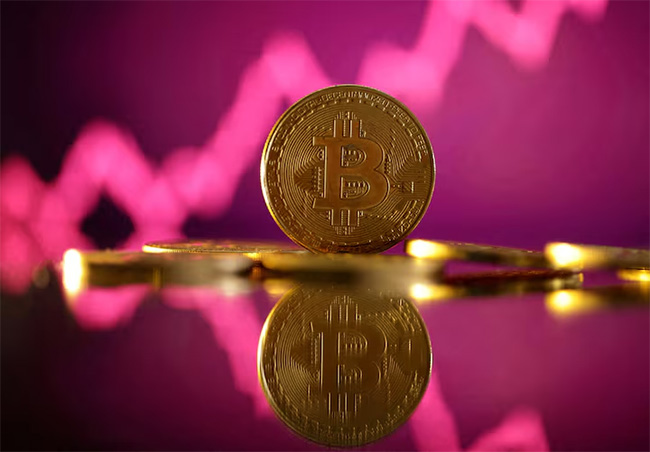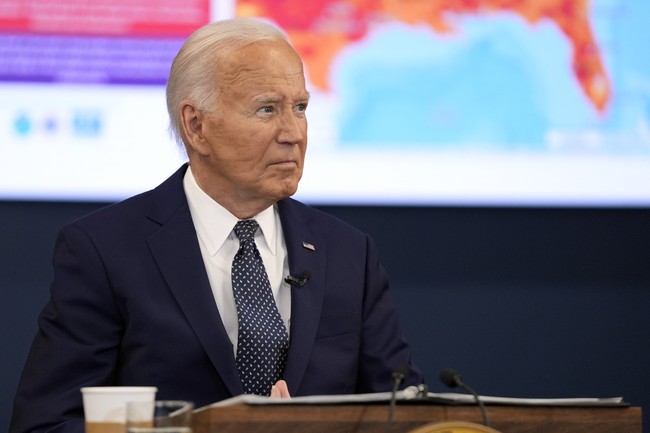Bitcoin's Surging Value and Strategic Prospects
Bitcoin's recent record highs follow President-elect Donald Trump's announcement envisioning a U.S. bitcoin strategic reserve, sparking debates and optimism among crypto enthusiasts.
Published December 19, 2024 - 00:12am

Image recovered from adaderana.lk
The digital currency landscape has been set ablaze with the ascent of Bitcoin to unprecedented levels, touching a record high of over $106,000 on Monday. This price surge was propelled by President-elect Donald Trump's announcement of conceptualizing a U.S. bitcoin strategic reserve akin to its oil reserve. Such declarations have heightened the anticipation within the cryptocurrency community and bolstered investor sentiment regarding regulatory friendliness towards digital assets.
Bitcoin, recognized as the leading cryptocurrency, has captured numerous headlines, peaking at $106,533 before trading at $103,917. This upward momentum has also benefitted smaller cryptocurrencies like Ethereum, which has seen slight gains. According to analysts like Tony Sycamore from IG, the cryptocurrency market is venturing into uncharted territories, with eyes set on surpassing $110,000. However, skepticism accompanies this optimism as financial experts, including Federal Reserve Chair Jerome Powell, voice concerns regarding Bitcoin's volatility and its comparison to gold.
Trump's evolving stance on cryptocurrencies is a marked shift from his earlier campaign rhetoric where he branded them as scams. His latest moves indicate a broader embrace, with promises to establish the United States as the 'crypto capital of the planet.' This policy direction is likely to reshape the regulatory landscape for digital currencies, garnering both supporters and critics. Skeptics highlight the nascent nature of this move and the intricate implications that entail integrating a bitcoin reserve within national fiscal frameworks.
The United States isn't isolated in its exploration of cryptocurrency reserves. Figures show that as of July, governments globally held about 2.2% of Bitcoin's total supply. Countries including China, the UK, Bhutan, and El Salvador maintain substantial Bitcoin reserves, spurring ongoing discussions on cryptocurrency's role in the global economy. Russian President Vladimir Putin has expressed skepticism about the dominance of the U.S. dollar as the global reserve currency, hinting at cryptocurrencies' potential roles in international finance.
On Wall Street, the narrative around digital assets has been further cemented by MicroStrategy's incorporation into the Nasdaq 100 index, an impressive feat given its aggressive bitcoin acquisitions. The software firm's stock has catapulted in value in response to speculative market dynamics, driven by active strategic investments into bitcoin. This trend underscores a broader pattern where institutional endorsement is becoming increasingly pivotal to cryptocurrency's legitimacy.
Investor excitement is palpable as the market positions itself ahead of regulatory and economic shifts under Trump's administration. Nonetheless, some financial caution remains warranted. While Trump's statements provide optimism, the actual rollout of a strategic bitcoin reserve is complex and layered with potential economic repercussions.
Simultaneously, the Federal Reserve's recent policy decisions, such as interest rate cuts, further intersect with cryptocurrency valuations, sustaining their allure as alternative investment vehicles amid lower bond returns. However, debates on cryptocurrencies' applicability and their perceived risk remain prevalent, as expressed by prominent entities like BlackRock, suggesting a transformative reconsideration in portfolio diversification strategies.
The coming months will be revealing for Bitcoin and the wider cryptocurrency market. As policies take shape under Trump's presidency, market observers will closely watch how these digital assets are woven into national and global economic strategies, their influence on traditional financial markets, and their potential to redefine investment landscapes worldwide.






